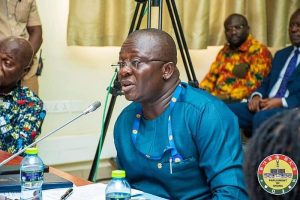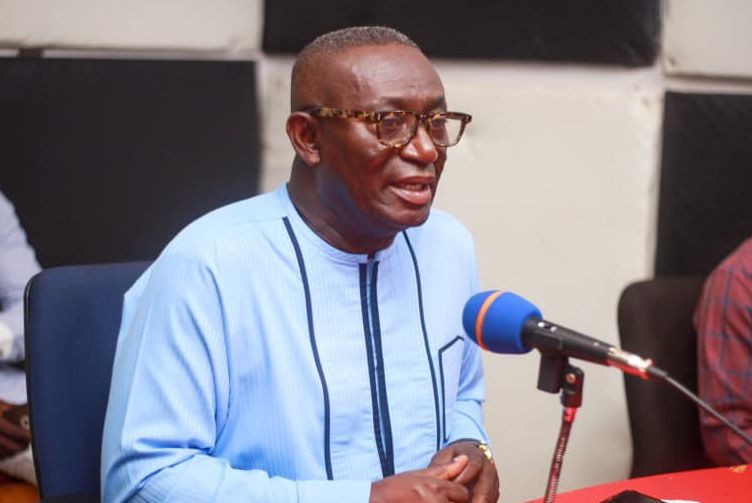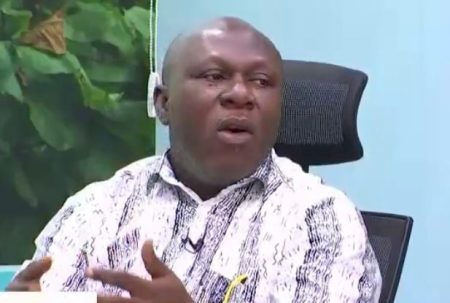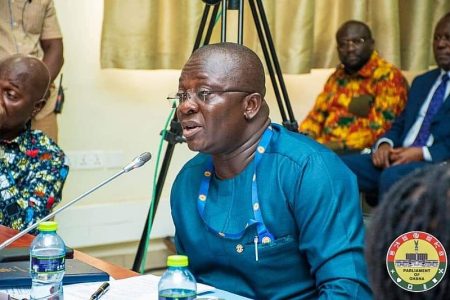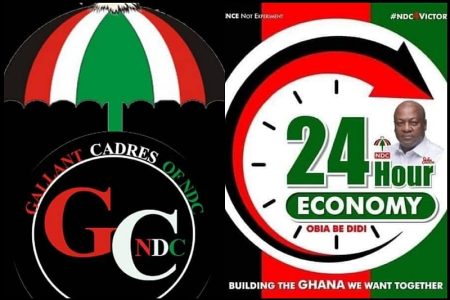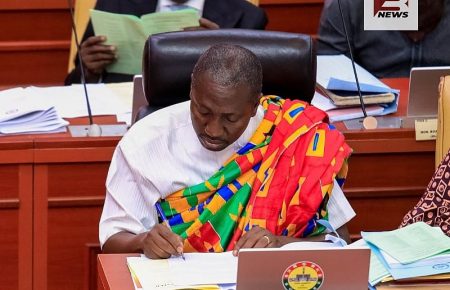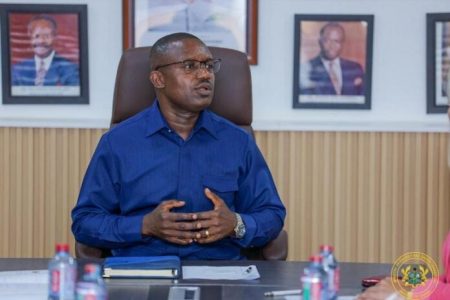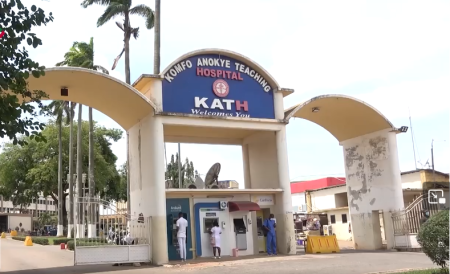Andy Appiah-Kubi, a former Member of Parliament representing Asante Akim for the New Patriotic Party (NPP), has commended the National Democratic Congress (NDC) government for its perceived success in managing the Ghanaian economy. His praise centers primarily on the recent strengthening of the Ghanaian cedi against major foreign currencies, notably the US dollar. Over the past six months, the cedi has recovered from a low of around GHS15 to the dollar to approximately GHS12, a significant appreciation that has positive implications for import prices and overall economic stability. Appiah-Kubi emphasized the tangible, positive impact this currency appreciation has on ordinary Ghanaians, acknowledging that the improvement is noticeable and beneficial across the population.
Appiah-Kubi’s commendation transcends partisan politics, highlighting the importance of national well-being over party affiliations. He expressed hope that the current positive economic trajectory is sustainable and not a short-term fluctuation. The former MP explicitly stated that if the NDC government manages to maintain this economic stability, he would wholeheartedly credit them for their accomplishment. This willingness to acknowledge the achievements of the opposing party underscores a focus on the collective benefit of Ghanaians regardless of political leanings. He draws a parallel to the previous NPP government’s economic management under then-Finance Minister Ken Ofori-Atta, suggesting that the current NDC government’s success in bolstering the cedi is a welcome development that resonates with the aspirations of the entire nation.
The former MP’s statement carries significant weight given his political background. As a member of the opposition NPP, his public praise of the NDC’s economic performance demonstrates an objective assessment of the situation and a willingness to prioritize the national interest over partisan considerations. His acknowledgement of the positive impact on average Ghanaians reinforces the notion that economic stability is a universal desire that transcends political divisions. He expressed a desire to contribute positively to Ghana’s progress irrespective of which party is in power, emphasizing the importance of unity and collaboration in achieving national goals.
Appiah-Kubi’s emphasis on the tangible effects of the cedi’s appreciation highlights the direct impact of economic policy on the lives of ordinary citizens. The strengthening of the cedi translates to lower import costs, which can lead to lower prices for goods and services, making everyday life more affordable for Ghanaians. This pocketbook impact resonates strongly with the population and contributes to a sense of economic well-being. The former MP’s focus on this aspect underscores the importance of economic policies that directly benefit the general populace.
Furthermore, Appiah-Kubi’s call for sustained economic stability highlights the need for long-term planning and consistent policy implementation. Short-term gains, while welcome, are insufficient for genuine economic progress. Sustainable growth requires sustained effort and a commitment to policies that foster long-term stability. His emphasis on the importance of sustaining the current positive trend reflects a desire for enduring economic improvement rather than temporary relief. This perspective aligns with broader economic development principles that prioritize sustainable growth over fleeting gains.
Finally, Appiah-Kubi’s willingness to offer his support and expertise transcends partisan politics and underlines the importance of collaborative governance. His offer to contribute to the nation’s economic well-being, regardless of which party holds power, reflects a commitment to national progress that goes beyond political maneuvering. He emphasizes that the well-being of Ghana should supersede the interests of any specific political entity, and that a united approach is essential for achieving lasting prosperity. This call for collaborative effort highlights the importance of putting the nation’s interests ahead of party politics, fostering a spirit of unity and cooperation towards a common goal.



